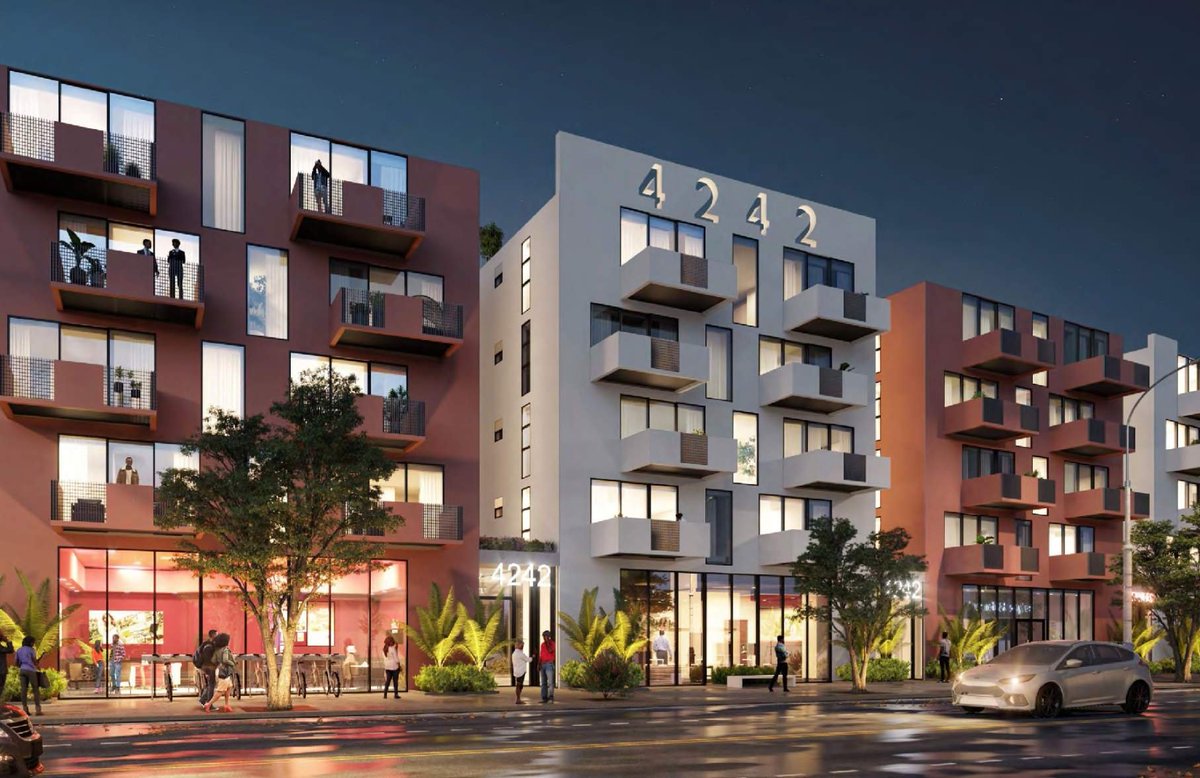
this is also a pretty good example, IMO, of giving the impression of separate buildings without actually separating them 

• • •
Missing some Tweet in this thread? You can try to
force a refresh










